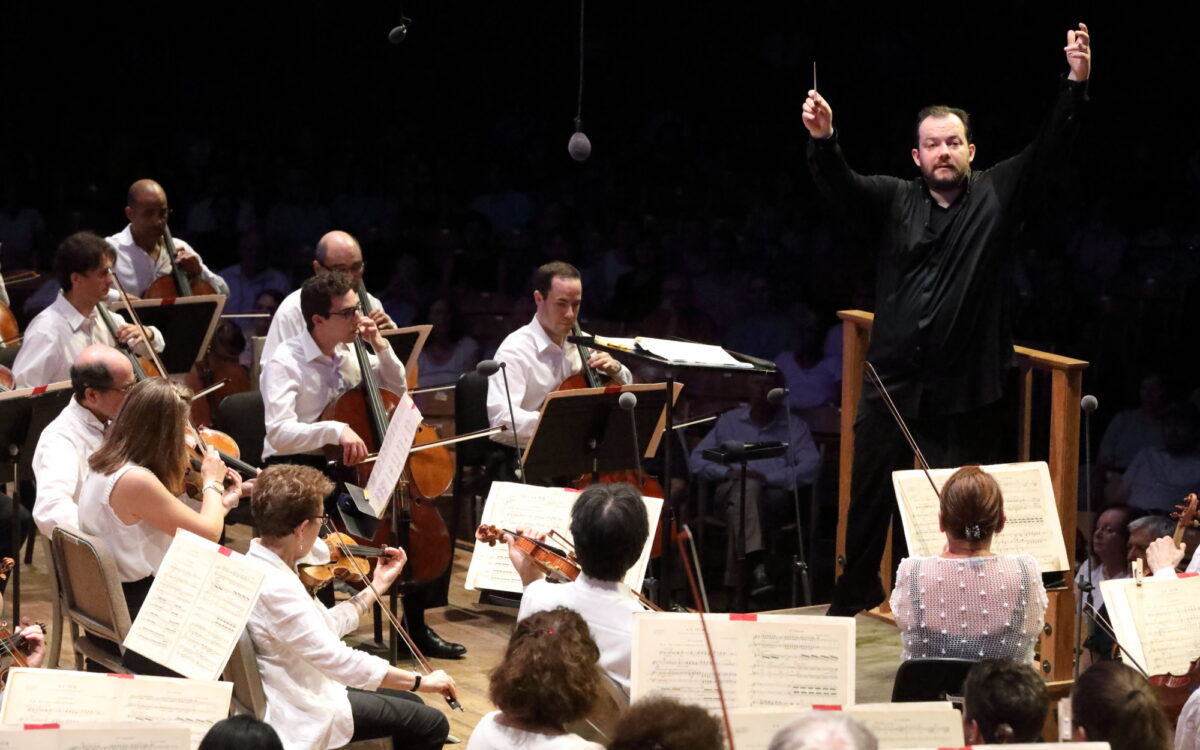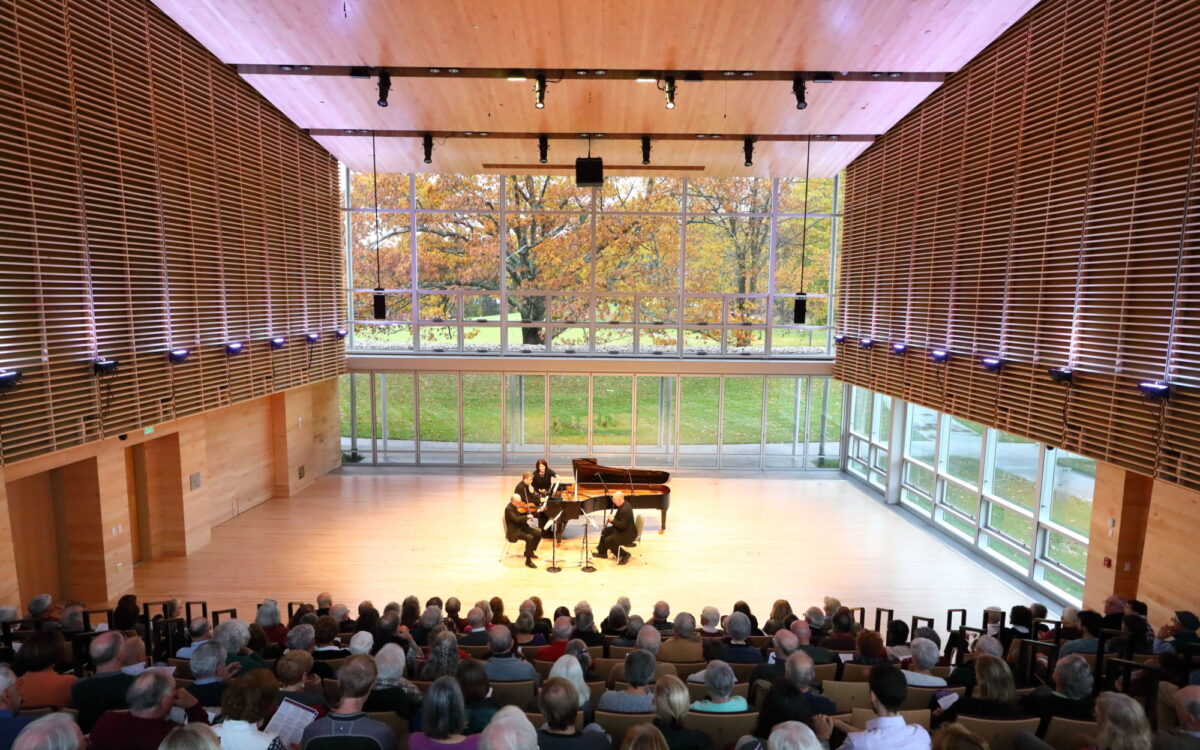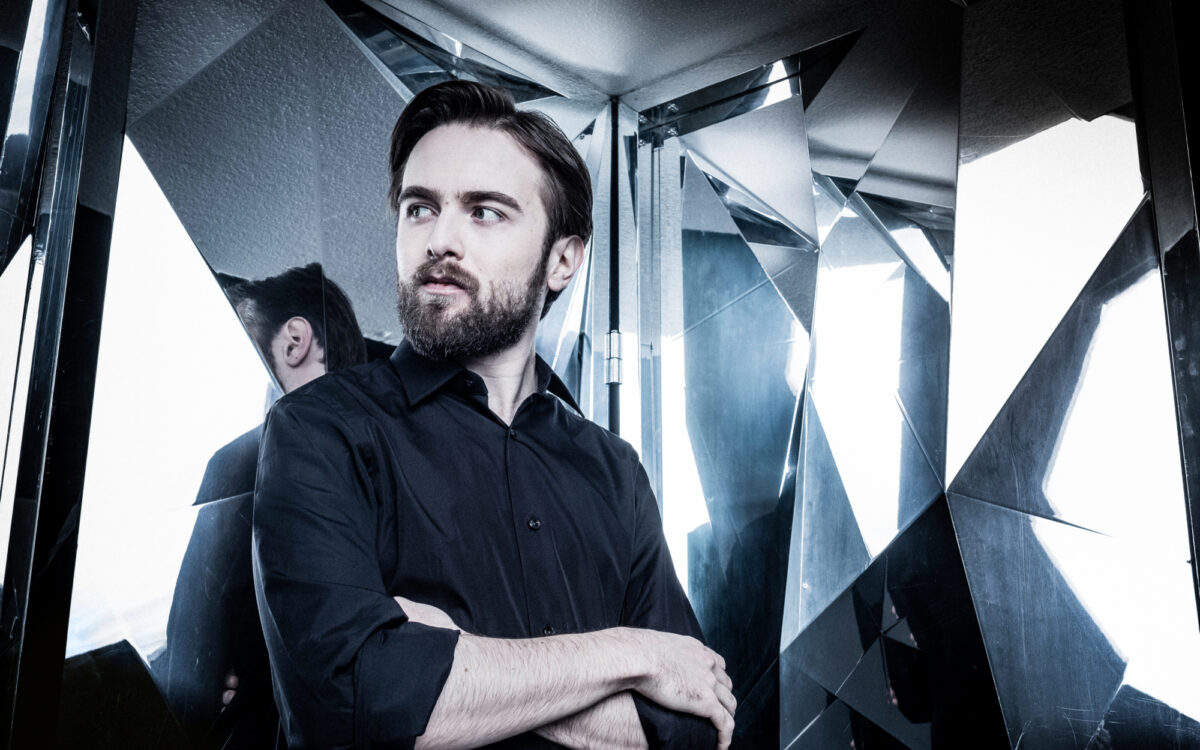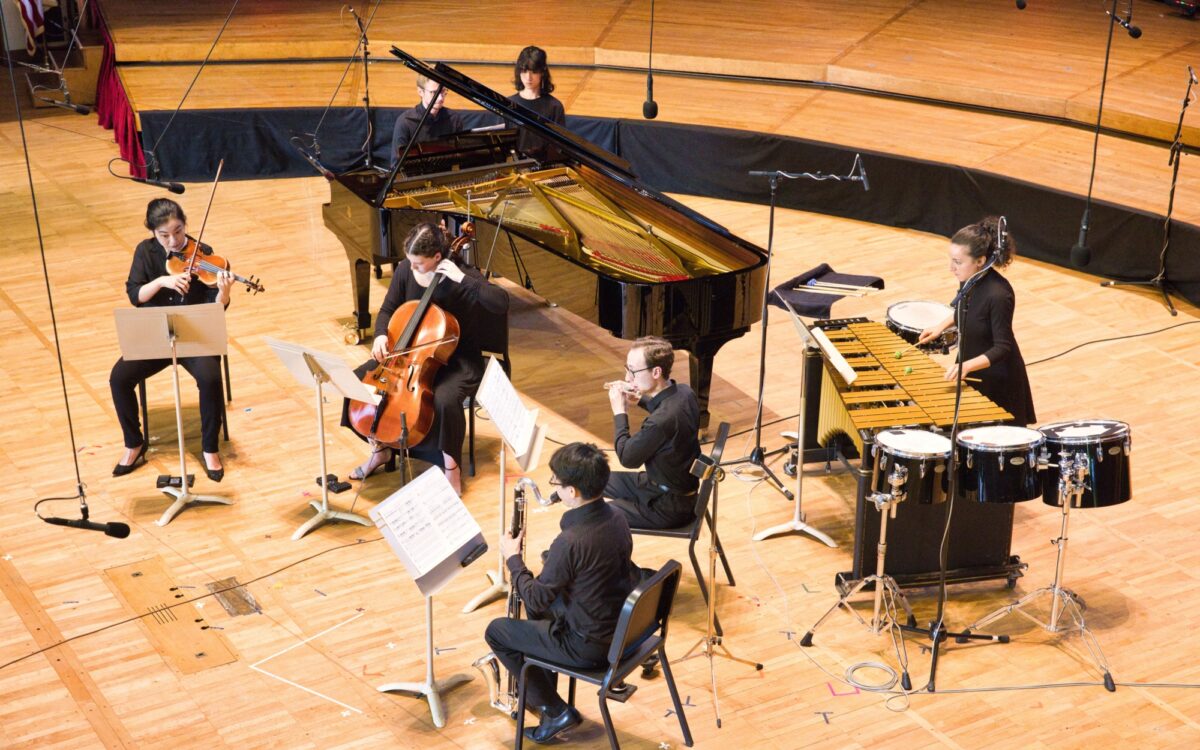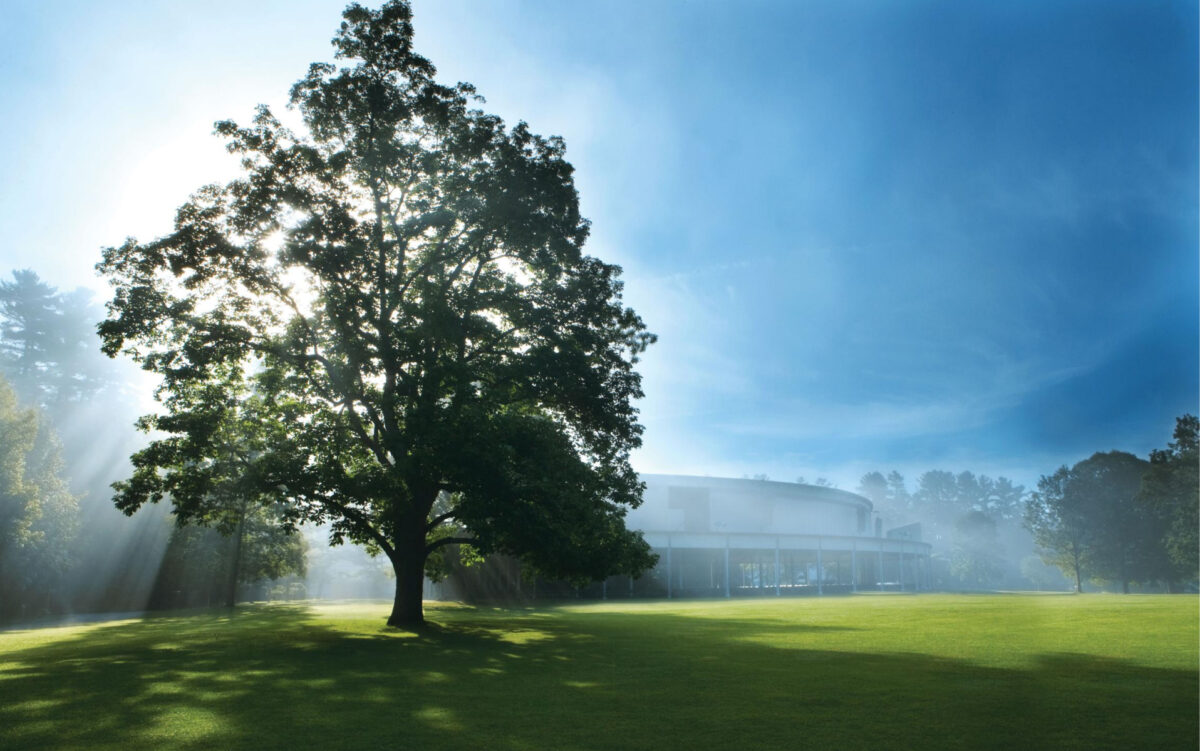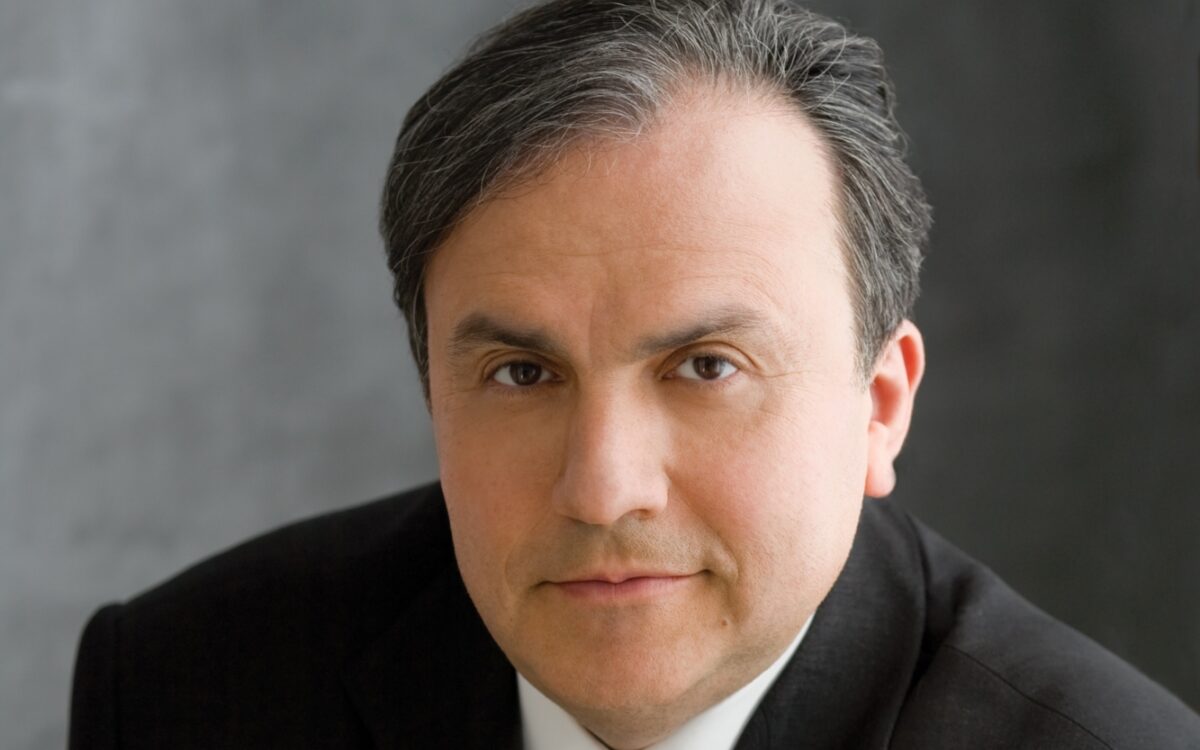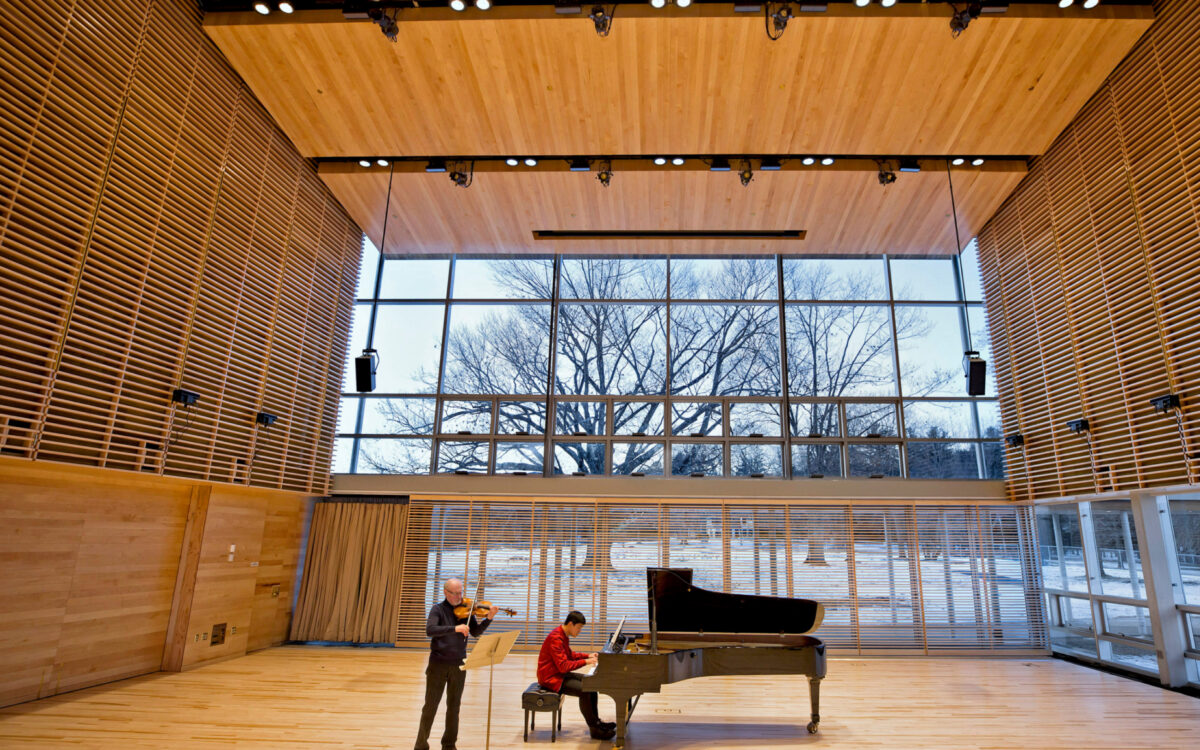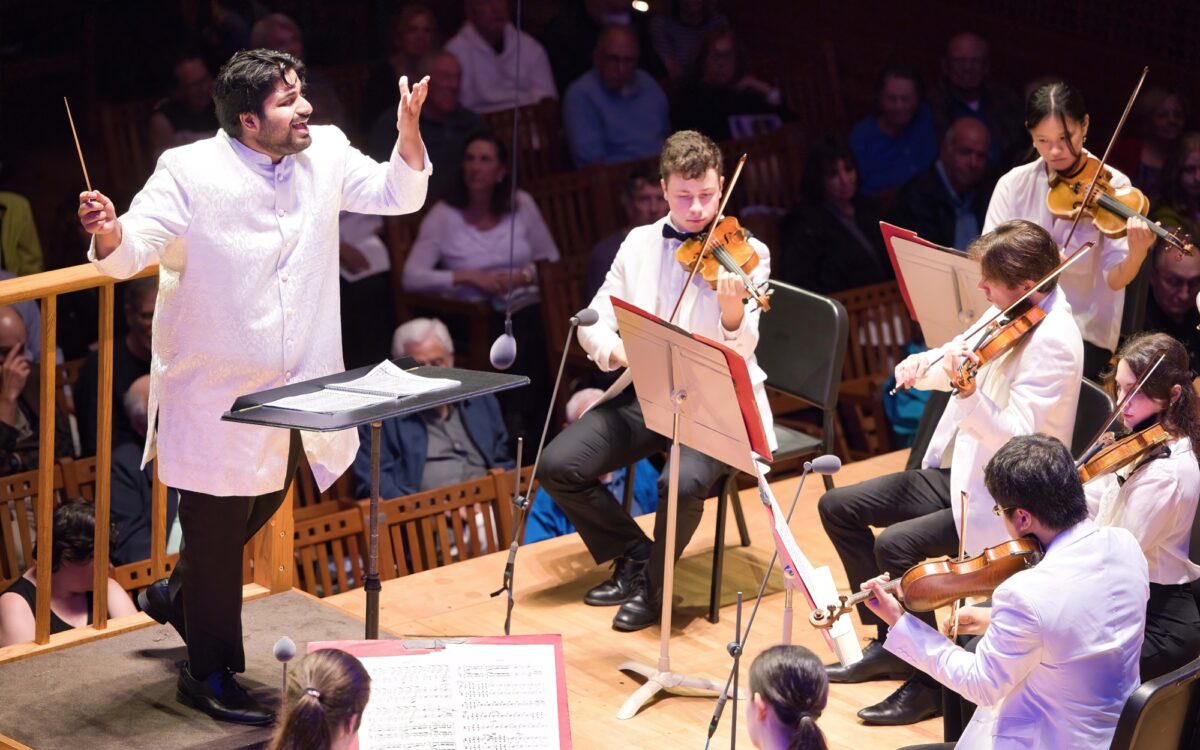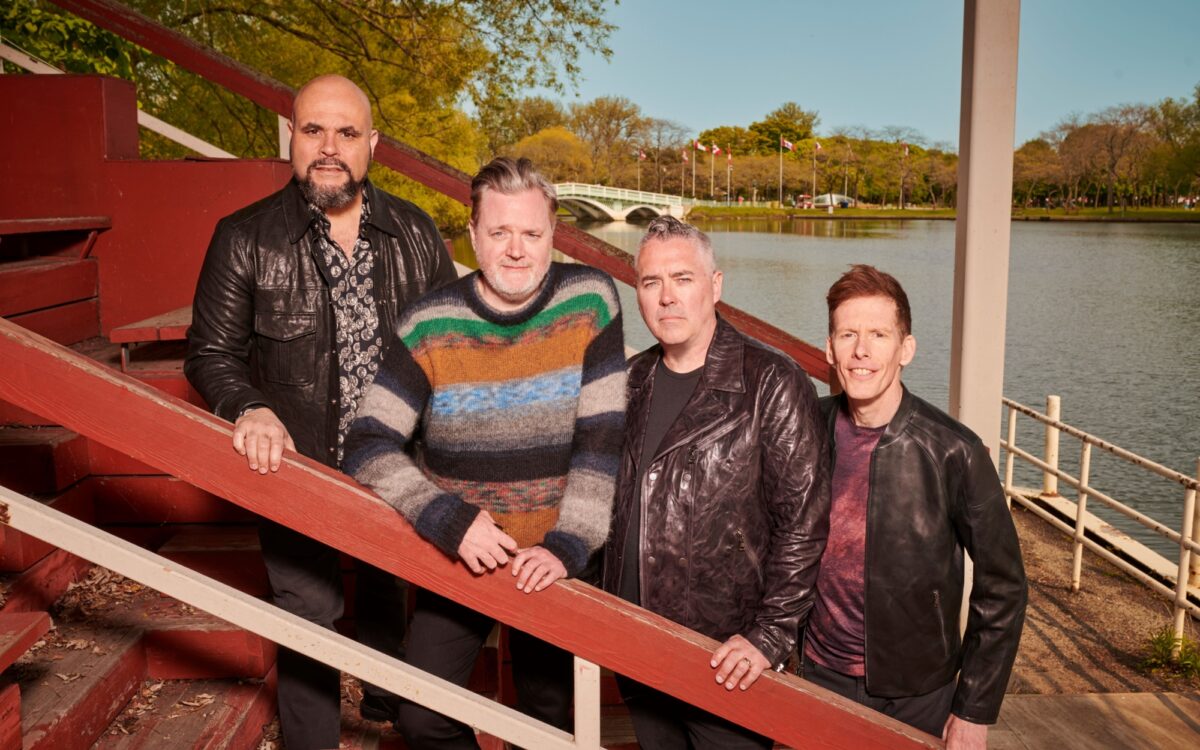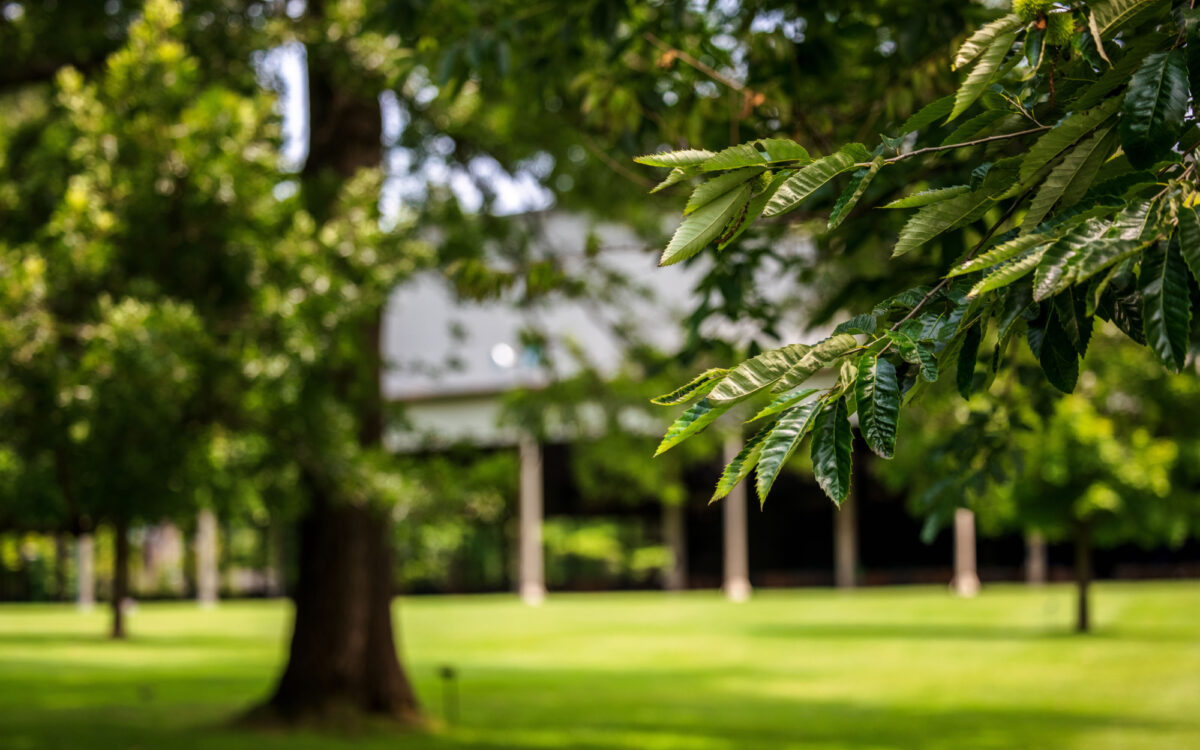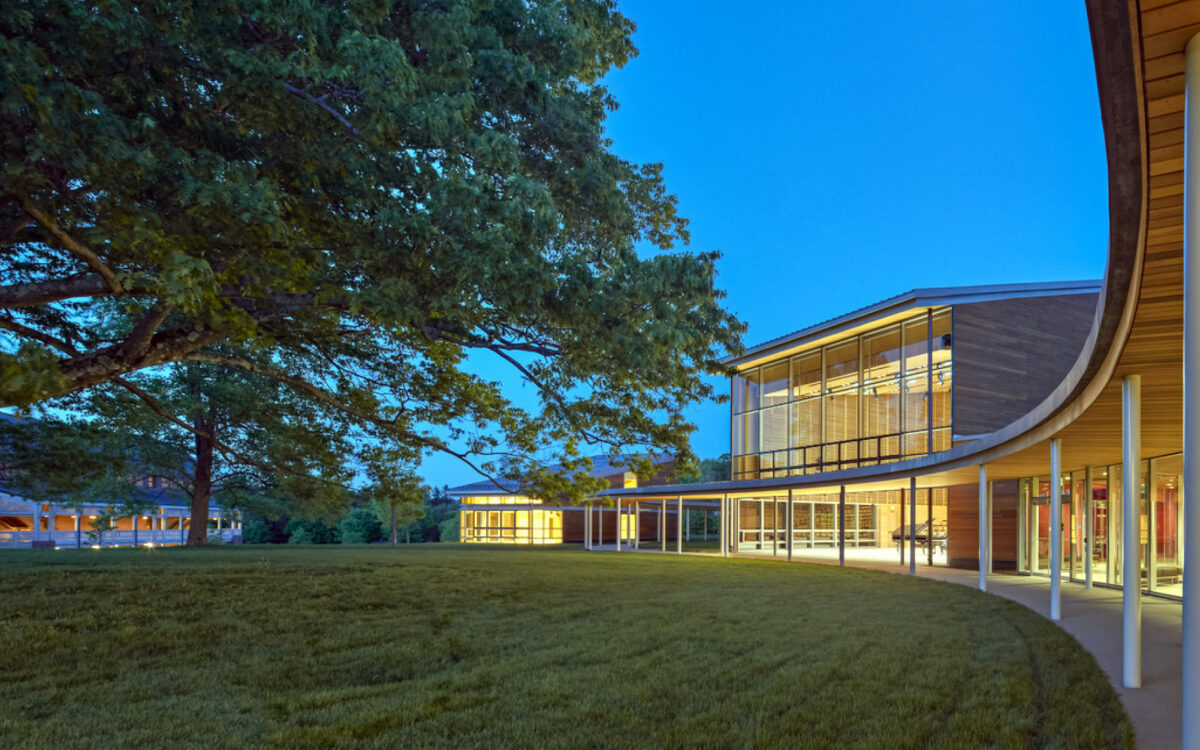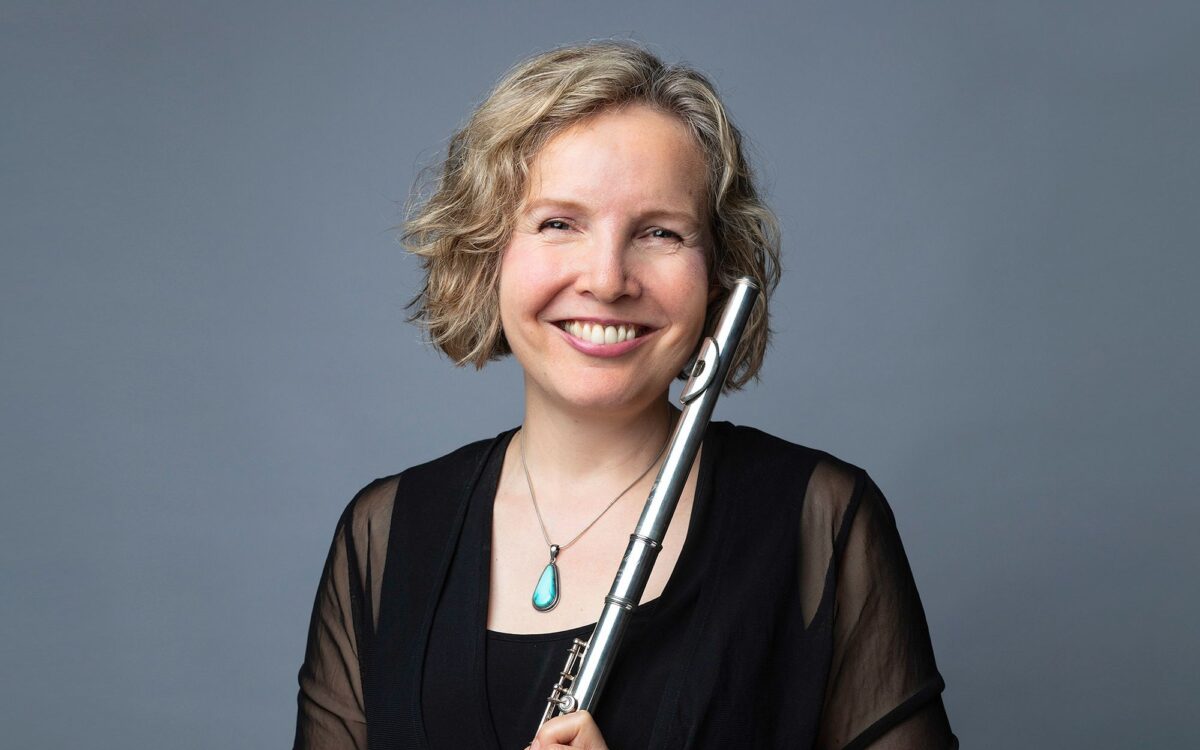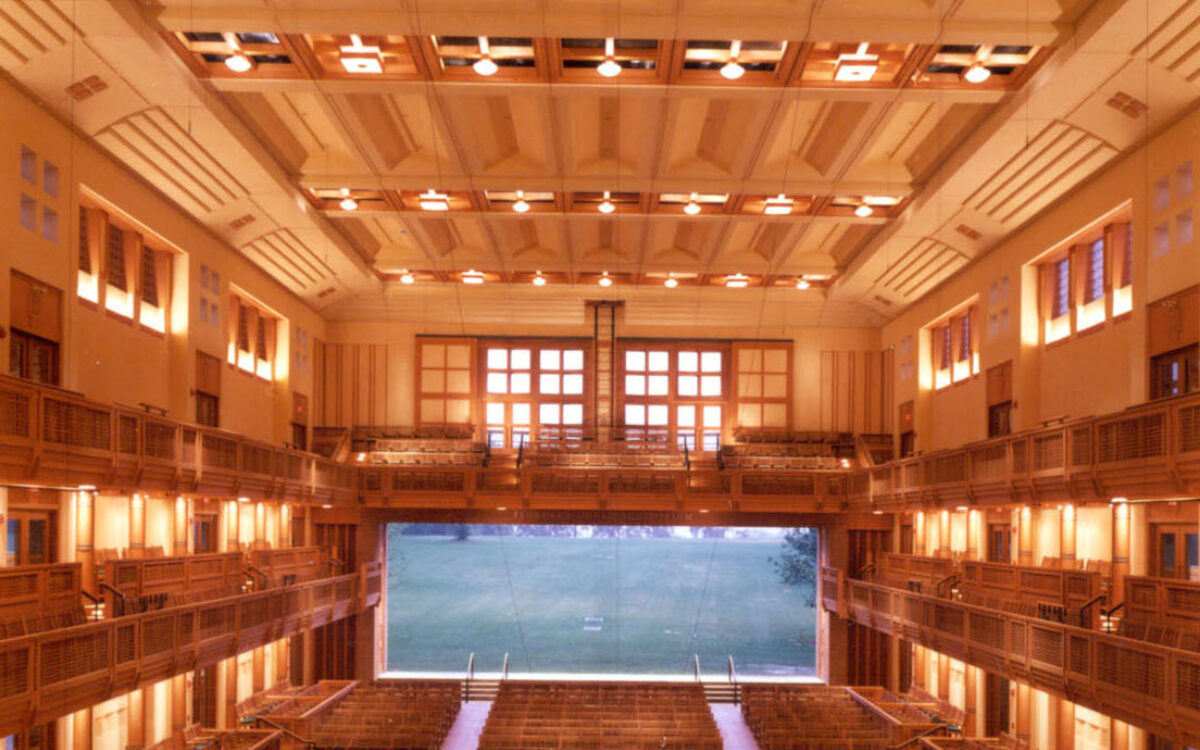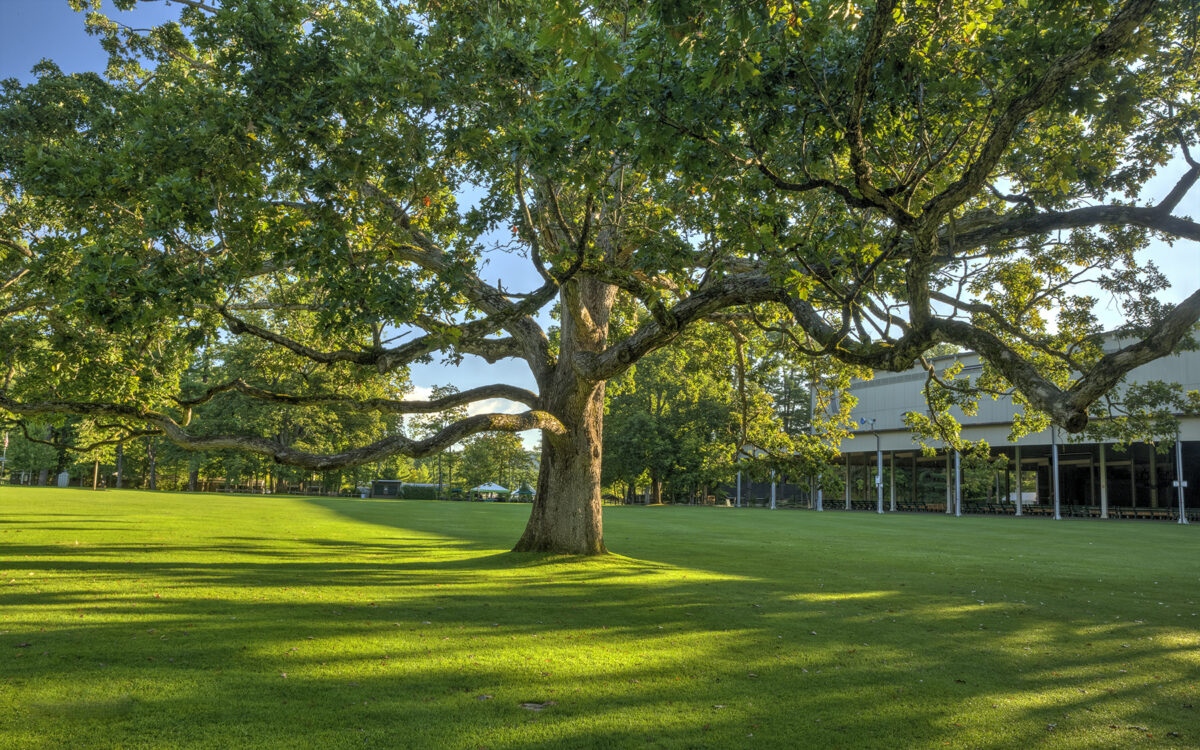
Concerts & Events
Change View
July 2025
Thursday 03
Friday 04
Saturday 05
Sunday 06
-
![Performance of Allison Loggins Hulls The Pattern]()
-
![Large tree in front of the Koussevitzky Music Shed with beam of sunlight.]()
TLI for Families: I Spy an Adventure!
10:30am
Studio E, Linde Center for Music and Learning, Lenox/Stockbridge, MA
-
![A headshot of Yefim Bronfman wearing a tuxedo]()
Beethoven Symphony No. 5 & Piano Concerto No. 3 with Yefim Bronfman
2:30pm
Koussevitzky Music Shed, Lenox/Stockbridge, MA
-
![Linde Center interior with piano player and violin player]()
Monday 07
Tuesday 08
Wednesday 09
-
![close up of leaves on trees on the Tanglewood grounds]()
-
![Stephanie Blythe headshot.]()
TLI Open Workshops: Stephanie Blythe, mezzo-soprano
1:30pm
Studio E, Linde Center for Music and Learning, Lenox/Stockbridge, MA
-
![Exterior view of the Linde Center at Tanglewood]()
TLI Meet the Makers: Romeo and Juliet
5:00pm
Studio E, Linde Center for Music and Learning, Lenox/Stockbridge, MA
Thursday 10
Friday 11
-
![Ozawa Hall interior from the stage, empty]()
-
![]()
Romeo and Juliet: A Theatrical Concert for Orchestra with Actors
8:00pm
Koussevitzky Music Shed, Lenox/Stockbridge, MA
Saturday 12
-
![Thomas Adès with a large smile while conducting]()
Open Rehearsal: Thomas Adès conducts Sibelius
10:30am
Koussevitzky Music Shed, Lenox/Stockbridge, MA
-
![Exterior view of the Linde Center at Tanglewood]()
Loading...

